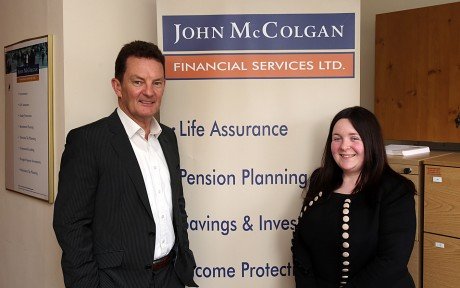 With the markets off to a volatile start in 2016, some commentators have worried about a repeat of 2008. But this would be a mistake.
With the markets off to a volatile start in 2016, some commentators have worried about a repeat of 2008. But this would be a mistake.
The 2008 collapse was driven by the systemic collapses of major financial institutions like Bear Stearns, Lehman Brothers, and AIG, and it is highly unlikely that we are returning there.
By Shona Chambers
Much volatility is coming from China, partly caused by government efforts to stabilise markets. To calm volatility last summer, the government banned selling by major shareholders.
The Chinese government has since changed the rules on selling and large shareholders’ can now sell 1% of their shareholding over a 3 month period with 15 days’ notice. Perhaps more worryingly, though, is the bigger picture, which shows a significant disconnect between the real Chinese economy and the equity markets. The Chinese stock market had kept rising even as the economy was slowing, and commentators are now asking why the dots don’t connect.
A leading growth indicator, the Purchasing Managers Index (PMI), suggests that there will be global growth of 2.7% in 2016. To put that in context, global growth has been somewhere in the region of 2.5% to 3% in the last two years, while emerging market economies have been growing somewhere in the region of 5% to 5.5%.
A number of things underpin this, including less fiscal drag, lower oil prices, and positive bank lending.
Seeing an improvement in the US economy, the Federal Reserve recently raised interest rates for the first time in over nine years and indicated that it will raise rates further in 2016. In Europe, the ECB extended its asset purchase program until at least March 2017. It has also reduced the deposit rate by -0.1%, to -0.3%. Additional ECB stimulus is expected, which should be supportive of the economy.
Here in Ireland, CSO statistics show that unemployment was 8.8% in December 2015, down from a peak of 15.2% in January 2012. The Consumer Price Index was up and the residential property price index was up, painting a more positive picture for the Irish economy. The ESRI estimates that the Irish economy grew by 6.7% in 2015, and is forecasting GDP growth of 4.8% for this year.
Irish Life says that commercial property is the preferred asset class for 2016, while Zurich Life prefers equities. Other investment managers have declined to commit to any one asset class. There does seem to a consensus, however, that there is still value to be had from equities.
With that in mind, I would stress again that anyone considering investments seek good financial advice. Make sure that you have your attitude and aptitude for risk assessed.
The duration of your investment is also an important factor to consider. Forecasts can be good to keep in mind, but as Tim Harford wrote in the Financial Times, ‘The truth is that forecasts are like Pringles – nobody thinks that there’s any great virtues in them but, offered with the fleeting pleasure of consuming them, we find them hard to resist.’
Tags:






